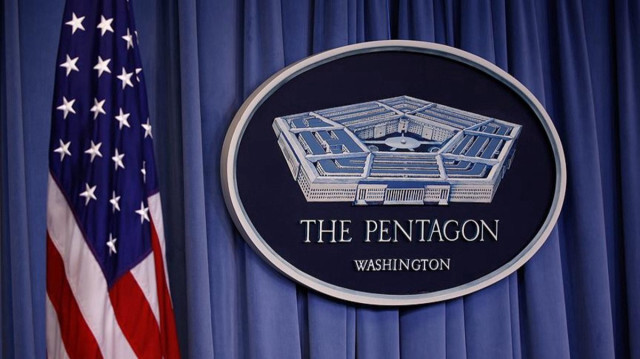
Controversial weapons sent to Ukraine after being announced despite widespread concerns over lasting legacy
US and ally-supplied cluster munitions intended to bolster Ukraine's ongoing counteroffensive against Russia have been delivered to the war-torn nation, the Pentagon confirmed Thursday.
Lt. Gen. Douglas Sims, the director of operations for the Joint Chiefs of Staff, said the US-supplied munitions are already in Ukraine after being announced earlier this month as part of an $800 million arms package despite concerns over their lasting deadly legacy on the battlefield well after hostilities conclude.
More than 100 countries have signed a 2008 convention to ban the production, stockpiling, use and transfer of cluster bombs, which release large numbers of smaller bomblets that can kill indiscriminately over a wide area.
"Dud" munitions, or bomblets that fail to explode as intended have killed and maimed civilians across a wide swathe of battlefields where they have been employed, sometimes decades after they are initially used.
That has been particularly true in southeast Asia where the US dropped hundreds of millions of cluster bombs during the Vietnam war.
The Biden administration has maintained that the "dud rate" for the type of cluster bombs being sent to Kyiv is far lower than earlier models, or those currently being employed by Russia.
Sims said Ukrainian officials "acknowledge and understand the potential for duds that result, in this case, a very, very low dud rate."
"We also know that the Russians have employed these weapons against in civilian communities, which is a significant difference from what the Ukrainians intend to do," he told reporters. "Ukrainians intend to use cluster munitions in the tactical environment, against Russians, not against civilians."
US President Joe Biden separately signed a new executive order opening the door to some 3,000 US military reservists being sent to bolster ongoing military activities in Europe that began in response to Russia's war on Ukraine.
Ryder maintained that the new forces should not be viewed as an addition to those already in theater, and are instead intended to "augment" the ongoing activities there
"These authorities will enable the department to better support and sustain its enhanced presence and level of operations in the US-EUCOM AOR," he said, referring to the area of responsibility.
Pentagon spokesperson Brig. Gen. Patrick Ryder added that Biden's order "provides additional access to reserve" forces, including the National Guard and Military Reserves.
On the war in Ukraine itself, he said US intelligence indicates the Wagner Group is currently not conducting significant operations in Ukraine after it staged a rebellion against Russia's military leadership.
"The majority of those forces we assess are still in Russian occupied areas of Ukraine, but really effectively, are no longer" operating, he said.

